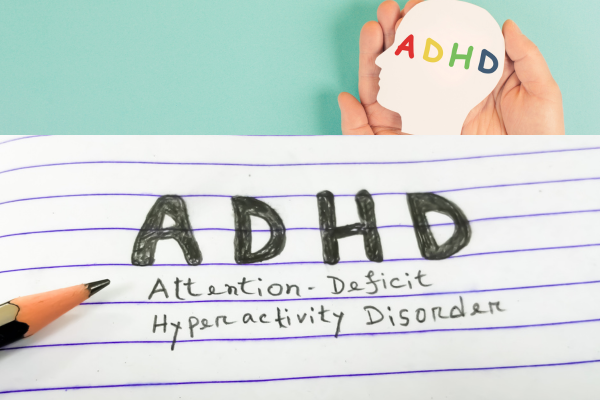Bipolar disorder is a complex mental health condition that affects millions of people worldwide, including many in Texas. It’s characterized by extreme mood swings, ranging from intense highs (mania or hypomania) to deep lows (depression). At Kenyatta Black LPC in Arlington, Texas, we provide specialized virtual and online therapy to help individuals manage the challenges of bipolar disorder and lead fulfilling lives.
What is Bipolar Disorder?
Bipolar disorder is more than just occasional mood swings—it’s a serious mental health condition that can significantly impact a person’s ability to function in daily life. The disorder typically presents in two main forms:
- Bipolar I Disorder: Characterized by manic episodes that last at least seven days, or by manic symptoms that are severe enough to require immediate hospital care. Depressive episodes usually occur as well, typically lasting at least two weeks.
- Bipolar II Disorder: Defined by a pattern of depressive episodes and hypomanic episodes, which are less severe than the manic episodes in Bipolar I.
Common Symptoms of Bipolar Disorder
The symptoms of bipolar disorder can vary widely between individuals, but they generally fall into two categories:
- Manic or Hypomanic Symptoms: These can include an inflated sense of self-esteem, decreased need for sleep, racing thoughts, rapid speech, increased activity levels, and engaging in risky behaviors.
- Depressive Symptoms: These include feelings of sadness, emptiness, or hopelessness, loss of interest in activities, fatigue, changes in appetite or weight, and thoughts of death or suicide.
Bipolar Disorder in Texas: Factual Data
- Prevalence:
- Approximately 4.4% of adults in the United States will experience bipolar disorder at some point in their lives. Given that Texas has a population of over 29 million, this suggests that over 1 million Texans could be affected by the condition.
- Mental Health Infrastructure:
- Texas has a large network of mental health providers, but access to care can vary significantly by region. Urban areas like Dallas, Houston, and Austin have more resources, while rural areas may face challenges in accessing specialized mental health services.
- Hospitalization Rates:
- Texas reports thousands of hospitalizations each year related to bipolar disorder. Data from the Texas Health and Human Services Commission (HHSC) indicates that mood disorders, including bipolar disorder, are among the most common reasons for mental health hospitalizations in the state.
- Youth Impact:
- Bipolar disorder can also affect younger populations. The Texas Education Agency (TEA) recognizes bipolar disorder as a qualifying condition for special education services under the “emotional disturbance” category, emphasizing the importance of early intervention and support in educational settings.
- Mental Health Legislation:
- Texas has enacted several laws to improve mental health care access and treatment, including Senate Bill 11, which addresses mental health services in schools, and House Bill 10, which enhances mental health parity laws to ensure equal insurance coverage for mental health conditions, including bipolar disorder.
- Stigma and Awareness:
- Despite progress, stigma around mental health, including bipolar disorder, remains a barrier to treatment in Texas. Public health campaigns and community-based initiatives are ongoing to raise awareness and reduce stigma.
How We Treat Bipolar Disorder
At Kenyatta Black LPC, our approach to treating bipolar disorder is comprehensive and tailored to each individual’s needs. We offer a variety of evidence-based therapies to help manage symptoms and improve overall quality of life:
- Cognitive Behavioral Therapy (CBT): Helps individuals identify and change negative thought patterns that can lead to harmful behaviors or emotional instability.
- Psychoeducation: Provides individuals and their families with information about bipolar disorder, helping them understand the condition and how to manage it effectively.
- Medication Management: While we focus on therapy, we collaborate closely with medical professionals to ensure that clients receive the appropriate medication when necessary.
- Supportive Counseling: Offers a safe space for individuals to express their feelings, challenges, and concerns, and to develop strategies for coping with the disorder.
The Benefits of Virtual Therapy
Living with bipolar disorder can be challenging, but accessing the right care doesn’t have to be. At Kenyatta Black LPC, we offer virtual and online therapy sessions that allow you to receive the support you need from the comfort of your home. Whether you’re in Arlington, Texas, or anywhere else in the state, our licensed professional counselors and graduate professionals are here to help.





